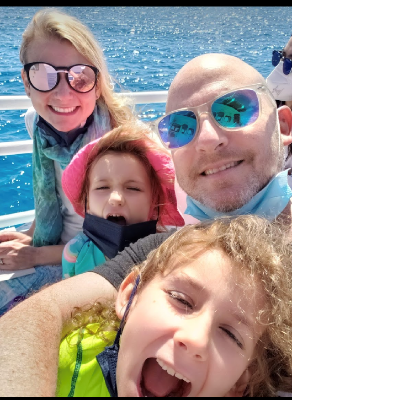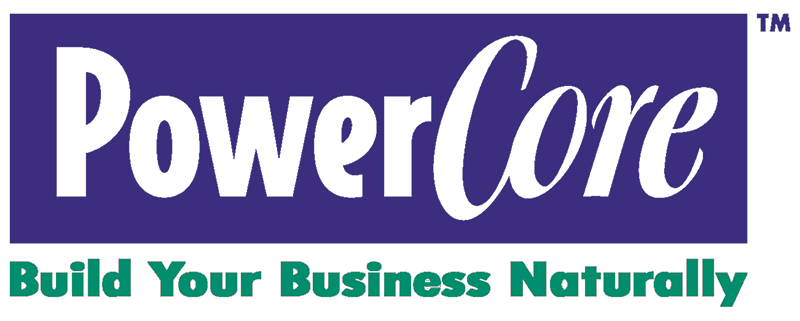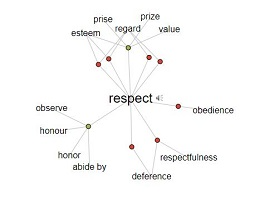
What To Do To Get Referrals: Professional: Precise
Leadership requires tactfulness. People want to be told the hard things. "Why didn't anyone tell me?" is a common question. When you need to have a hard conversation, how do you set it up so the client feels you cared enough about them to tell them, and allow them to feel your respect for them?

Response from Michael Smith
from the Candler Park Team

Response from Aaron Morrison

Response from Sandy Minnes
Response from Ben Ragin
from the Brookhaven Team
Having hard conversations is an unfortunate part of many people's business. In my world it could be a premium increase or finding out that a loss is not covered. In any case my tactics are simple. Tackle it head on and immediately after getting all the details. This shows the client that this is a priority for me, and I want to find any available solution for them. Lastly, it's always face to face or by phone. Never, ever, ever, is hard news delivered by email.

Response from Brad Cohen

Response from Robert Steinhardt
So the first thing I do is make sure that I tell them as soon as you know, bad news does not age well. Secondly I always pick up the phone and call them if it's bad news, and if it's really bad news try and meet them in person. This shows that you care and you respect them. Being honest about why something happened, and trying to make sure whatever news it was, I prepared them for it, will always help as well.

Response from Scott McMahan
Difficult conversations do not come out of nowhere. In litigation, it is important to assess the strengths and weaknesses of every case so I can properly manage the client's expectations. When it is time to have a difficult conversation, I will ask for a phone call or an in-person meeting. Such conversations always include a lot of questions and email is a bad forum for answering those questions. With an in-person meeting, I can answer the client's questions for as long as they need.

Response from Greg McCahan
I'd prefer to deliver difficult news in person and present alternatives. Sometimes this means having a referral partner that is a better fit for a particular situation. At a community bank I have more resources to help a client when something unplanned happens.

Response from Blake Beyer

Response from Heather Nadler
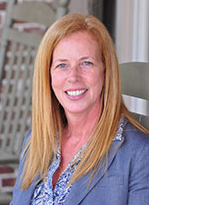
Response from Elly Gray
I believe that difficult conversations require a conversation not an email or text. I always try to empathize with my clients and let them know that although I'm delivering difficult news that I care. I also try to call out difficult news as soon as I get it. The longer you sit on it the more difficult it is to make the call!

Response from Stacie Conner
from the Brookhaven Team
In my business clients don't always get everything they want, or think they are entitled to, so I prepare them for all of the possibilities up front. By managing their expectations and focusing on their priorities, it is easier to tell them bad news and then focus on how to overcome that result. I always remind my clients that everything is a process, and we may lose a few battles, but the goal is to win the war.

Response from Mark Galvin
Whenever I see a problem, my first step is to call the person and ask questions to confirm that there really is a problem. Sometime I find that they have made a calculated move that I do not agree with. If that is the case, I may say nothing. If I think they are wrong, I will say "May I share my thoughts about this action?" Then I will go on to tell them they are the expert in their space and that I only want to help. Then, I will give them the honest feedback.

Response from Ralph Amos
I reach out to them and schedule the call. I start the conversation by letting them know that I want to always keep them informed with all information good/or bad and that I appreciate being their marketing partner. I let them know what's happening and let them know what steps I am taking to get things back on track. They usually appreciate me being proactive.

Response from Austin Miller
from the Brookhaven Team
I always give my clients bad news as soon as possible due to the time sensitive nature of a commercial real estate transaction. It's always best practice to address an issue head on and to provide multiple solutions, if applicable. If the problem was caused on my end I take ownership of the mistake and endeavor to make it a learning experience once it's been resolved.

Response from Liz Bankston
Always be a good listener. Empathy is what people want first. And then offer them choices to solve their needs.

Response from Bill Courtright
One way to navigate "tough conversations" successfully is to adopt an empathic position. Ask yourself, "if I were receiving this news, how would the news make me feel? How would I want to be spoken to? How might I be comforted? How could I benefit?" If you take the time to ponder then plan, the hard conversations actually establish credibility, strengthen connections, and empower growth.
Response from Alexander Christensen
In my line of business, there are often situations that are out of my and my client's control. In situations like this, I communicate the issue to my client as soon as possible. If the issue is our fault, I own up to it immediately. I then let the client know what we can do to resolve it. These conversations are easier when addressed immediately but tend to be a challenge if left unaddressed.
Alexander Christensen, Bulldog Movers, Buckhead Movers, & Classic Design Services
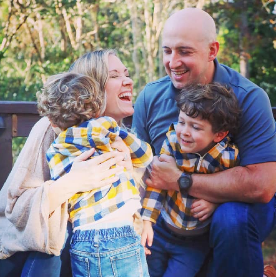
Response from Ian King

Response from Chris Marek
Empathy is crucial. Straight direct conversation is what I find best. Immediacy is also important. Open communication that is forthright. I often express my displeasure also and commit that it will be handled. Ownership and accountability need to be relayed. Issues happen for sure -- I have found providing empathy, ownership, and immediacy usually make tough conversations a bit easier.

Response from Cassie Hanuscak

Response from Nate Sampson
